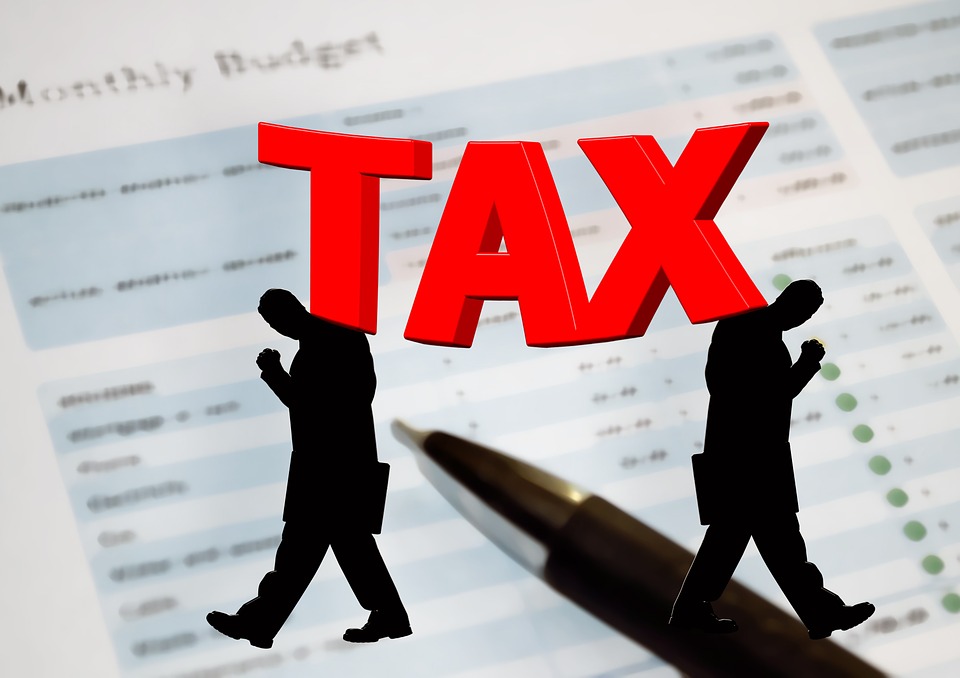Analysts at KPMG has called for the review of tax and other measures in line with the COVID-19 reality on Nigerians and businesses in the country.
In a research report, the analysts explained that the adequacy of the tax measures needs to be reviewed in light of the reality of the impact of COVID-19 on production, supply chains, sales, profitability and cash flow for businesses.
The report focused on several measures initiated by the government, especially on tax and other economic measures. The report suggests that the measures were not drawn based on the reality of the extent the coronavirus had eaten deep into the finances of businesses and Nigerians.
“The extension of Company Income Tax (CIT) filing deadline by one month may be inadequate given the challenges associated with lockdowns and impact of this on productivity, notwithstanding remote working measures which a limited number of businesses have initiated for business continuity,” it stated.
According to the report, the FIRS is expected to be explicit on the extension of the payment deadline, and waiver of penalty and interest on late filing of tax returns and payment of the taxes due, especially as businesses experience illiquidity at this time. It tasked the FIRS to take a cue from actions taken by its counterparts in other countries to curb the impact of the pandemic on taxpayers.
Instead of the one-month extension, analysts expected the revenue collector to grant as long as three months or more.
“The State tax authorities need to follow the example of the FIRS to announce their palliative measures on employers’ monthly pay-as-you-earn tax and withholding tax compliance obligations, especially in the midst of business closures, layoffs and delays by, or inability of, employers to meet up with the monthly obligations to their employees.”
While lauding the House of Representatives’ (HOR) Emergency Economic Stimulus Bill initiative, the analysts picked holes in the concept.
The KPMG report stated, “It is unclear why the Bill makes the oil-producing companies ineligible for the palliative, notwithstanding that their business will be significantly challenged financially with crude oil selling below the production cost, and the security of employment of their staff is equally threatened as their counterparts in other industries.
“The limitation of the forbearance on mortgage repayment in the Bill to only contributors to the National Housing Fund is concerning, as non-NHF contributors, who have borrowed from banks are in no less dire position than their NHF counterparts. The foregoing commentaries should be considered by the Senate in refining the Bill to make it more responsive to the needs of businesses and individuals.”
“There is a need for effective coordination by the concerned agencies of the Government to ensure a holistic response to COVID-19, which should take into consideration all stakeholders’ interests,” the report added.

 Latest1 week ago
Latest1 week ago
 Latest1 week ago
Latest1 week ago
 Latest1 week ago
Latest1 week ago
 Business1 week ago
Business1 week ago
 Business1 week ago
Business1 week ago
 Football1 week ago
Football1 week ago
 Business1 week ago
Business1 week ago
 Latest1 week ago
Latest1 week ago

